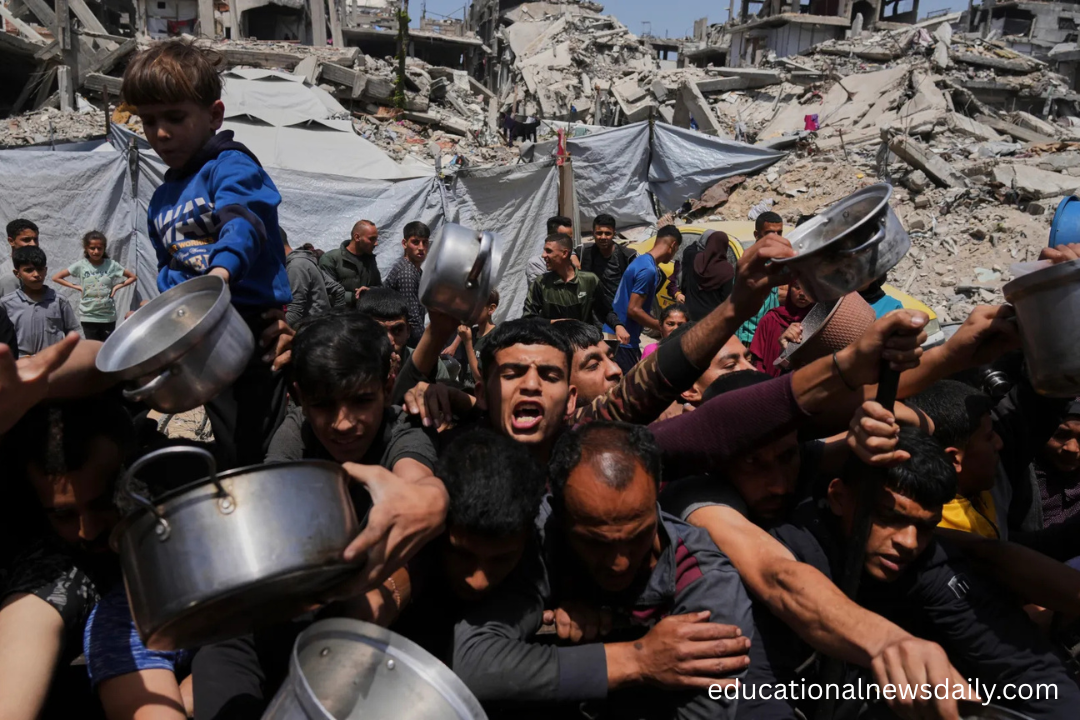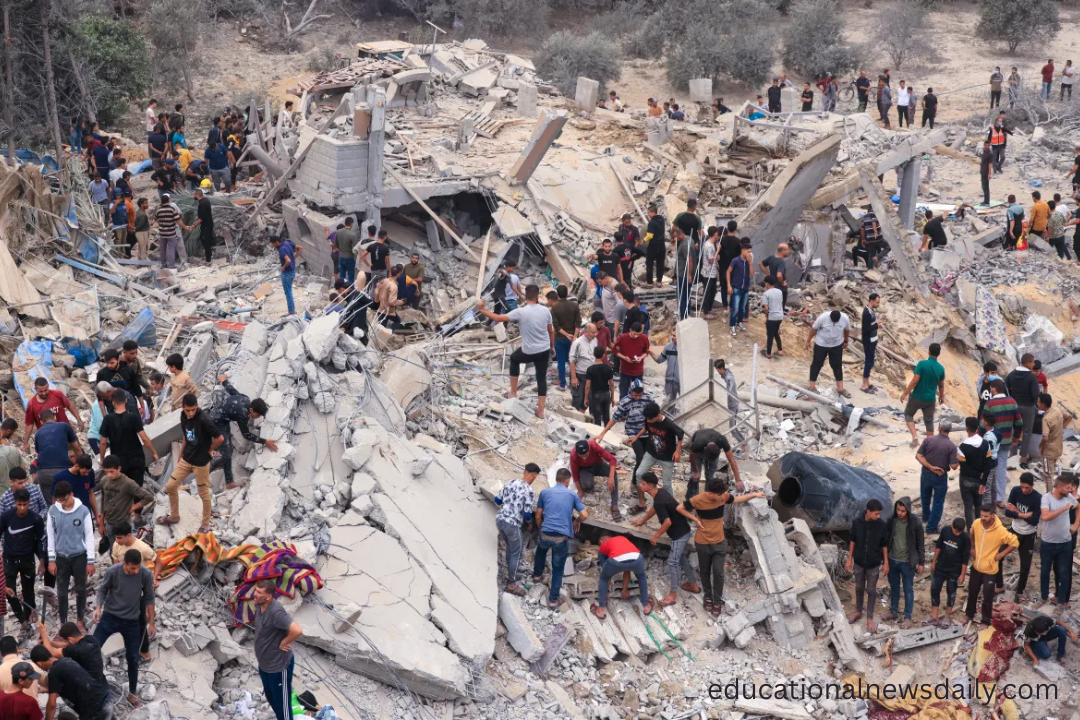The recent destruction of a Gaza dialysis center by Israeli forces has sparked international outrage. This act has intensified concerns over the safety of critical medical infrastructure in conflict zones. The Gaza dialysis center, a lifeline for patients with chronic kidney disease, was completely demolished, leaving vulnerable patients without access to essential treatment. Humanitarian groups have condemned the attack, calling for the immediate protection of aid facilities.
Importance of the Gaza Dialysis Centre
The Gaza dialysis center serves hundreds of patients who rely on regular treatment to sustain their lives. Dialysis is vital for individuals suffering from kidney failure, filtering toxins and excess fluids from the blood. The destruction of the Gaza dialysis center has created a severe health crisis, as no alternative facilities in the area can accommodate displaced patients. Medical professionals warn of a looming disaster if treatment interruptions continue.
Impact on Patients and Medical Staff
Patients undergoing treatment at the Gaza dialysis center face life-threatening consequences due to the attack. Many patients, already weakened by illness, now face uncertain futures without access to dialysis. Medical staff, dedicated to saving lives, are struggling to provide care amid the chaos. The loss of the Gaza dialysis center has left healthcare workers scrambling to find solutions under dire circumstances.
International Response and Condemnation
The attack on the Gaza dialysis center has drawn sharp condemnation from international organizations and governments. The World Health Organization (WHO) called the destruction “an unacceptable violation of international humanitarian law.” Aid agencies demand immediate safe passage for medical supplies and personnel to resume critical services. The incident has heightened calls for increased protection of medical infrastructure in Gaza.
Aid Facilities Under Threat in Gaza
The destruction of the Gaza dialysis center is part of a broader pattern of attacks on humanitarian facilities in the region. Hospitals, clinics, and aid centers have become increasingly targeted, exacerbating the humanitarian crisis. These attacks undermine efforts to provide essential care to civilians caught in the conflict. Advocates urge all parties to respect the neutrality and protection of aid facilities.
Legal and Ethical Implications
The targeting of the Gaza dialysis center raises serious legal and ethical questions. International humanitarian law mandates the protection of medical facilities during armed conflicts. The destruction violates these principles, risking civilian lives and exacerbating suffering. Legal experts emphasize accountability for actions that endanger non-combatants and critical infrastructure.
Urgent Need for Humanitarian Assistance

The demolition of the Gaza dialysis center underscores the urgent need for increased humanitarian assistance in Gaza. International agencies are mobilizing to deliver emergency medical aid and rebuild healthcare infrastructure. Funding and logistical support are critical to ensure displaced patients receive lifesaving treatments without delay.
Future Prospects for Gaza’s Healthcare System
Rebuilding the Gaza dialysis center and restoring medical services will be a significant challenge amid ongoing conflict. The healthcare system in Gaza is already stretched thin due to blockades and resource shortages. Long-term solutions require ceasefire agreements and international cooperation to safeguard medical access and support sustainable healthcare delivery.
Frequently Asked Questions (FAQ’s)
What happened to the Gaza dialysis center?
The Gaza dialysis center was destroyed in a recent Israeli military operation, leaving patients without essential kidney treatment.
Why is the Gaza dialysis center important?
The Gaza dialysis center provides lifesaving treatment to patients with kidney failure who depend on regular dialysis to survive.
How has the destruction of the Gaza dialysis center affected patients?
Patients are facing life-threatening situations as they no longer have access to necessary dialysis treatments, and no alternative facilities are available nearby.
What has been the international response to the destruction of the Gaza dialysis center?
International organizations, including the WHO, have condemned the attack, calling it a violation of humanitarian law and demanding protection for medical facilities.
Are aid facilities frequently targeted in Gaza?
Yes, the Gaza dialysis center destruction is part of a broader pattern where hospitals and aid centers have come under attack, worsening the humanitarian crisis.
What legal protections exist for medical facilities like the Gaza dialysis center?
International humanitarian law protects medical facilities during conflicts, and targeting them constitutes a violation that may require accountability.
What is being done to help patients affected by the destruction of the Gaza dialysis center?
Humanitarian agencies are working to provide emergency medical aid and are calling for safe access to rebuild Gaza’s healthcare infrastructure.
How will the destruction of the Gaza dialysis center impact Gaza’s healthcare system long-term?
The loss adds strain to an already fragile system, making a recovery and sustained healthcare delivery difficult without a ceasefire and international support.
Conclusion
The destruction of the Gaza dialysis center highlights the devastating impact of armed conflict on essential health services. Protecting medical facilities is paramount to preserving civilian lives and upholding humanitarian principles. The international community must act decisively to prevent further harm and ensure that aid centers, such as the Gaza dialysis center, can operate safely.

